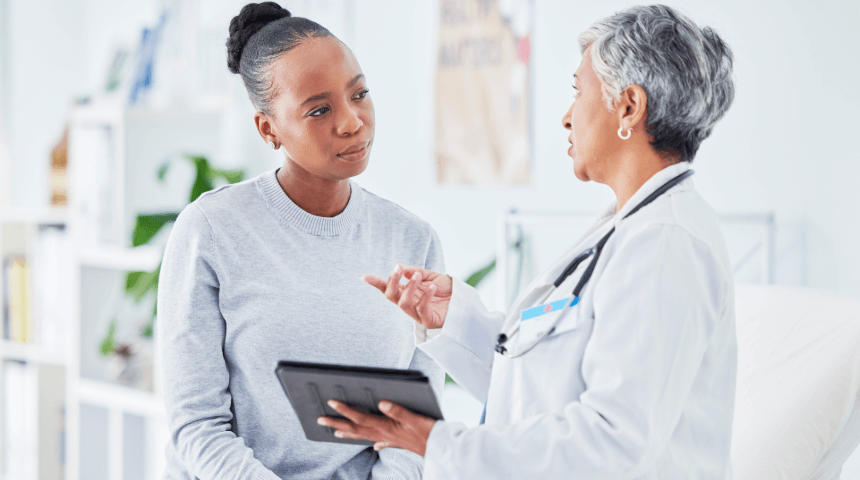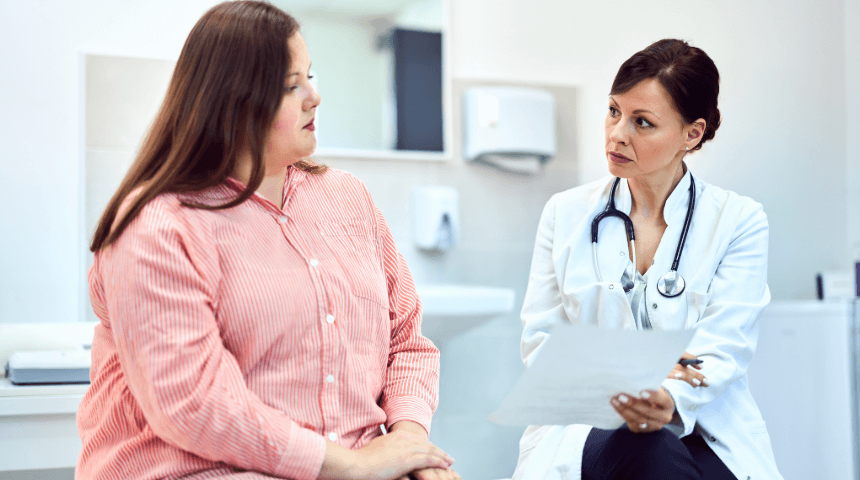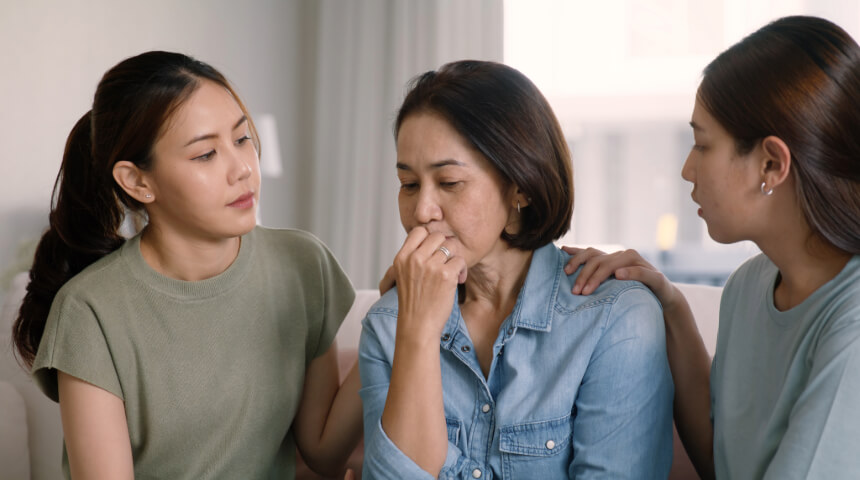If you are about to undergo your first chemotherapy treatment, you’ve probably heard a horror story or two about how bad the side effects can be.
One of the reasons you hear those negative stories is that people tend to share their bad healthcare experiences. Also, your healthcare team wants to prepare you for potential complications of any treatment you might undergo. It’s important for you to know the worst-case scenario.
But you should also know that a lot of people do well with chemotherapy, experiencing only minor discomfort.
As you begin your treatment, you should have open and honest communication with your oncologist. Your team deals with the side effects of chemotherapy every day and will help you on your treatment journey.
Chemotherapy Side Effects
Chemotherapy helps you by attacking fast-growing cancer cells. Unfortunately, the same drugs that kill those cancer cells can cause damage to healthy cells, creating the potential for negative side effects. These can vary widely from person to person and from medication to medication. Among the more common side effects:
- Fatigue: This tiredness may increase as you go through therapy and may last for several months after the treatment ends.
- Nausea and vomiting: This can vary based on the type of chemotherapy treatment you are receiving. And it often can be countered by other medications, given before and after your treatment.
- Hair loss: Not every type of chemotherapy causes hair loss. But when it does occur, your hair may come out slowly or in clumps. It usually starts several weeks into your treatment and gets worse over time.
- Diarrhea or constipation: Some chemotherapy treatments can interfere with your bowel movements.
- Susceptibility to infection: Chemotherapy treatments can weaken your body’s immune system, hurting its ability to fight off other illnesses.
- Mouth and throat sores: Treatments can damage the cells in your mouth and throat, causing painful sores. These usually occur during the first two weeks of treatment and usually go away after the treatment ends.
- Nerve damage: Some chemotherapy drugs can cause nerve damage, resulting in tingling, numbness, burning and weakness in the hands or feet. This side effect tends to occur later in the treatments.
- Bleeding and bruising: Treatments can cause a drop in platelets – tiny blood cells that help with clotting. When your platelet count is low, you may bruise easier and have trouble with bleeding. This is another side effect that may occur later in treatment.
Coping Strategies
There are more than 100 chemotherapy drugs. And there is the potential for each person to react differently to each of them. Still, there are some general strategies to use:
Stay hydrated: Keeping water moving through your system allows your body to flush toxins through your kidneys and liver.
Avoid sick people: Chemotherapy can reduce your body’s immune defenses. So you need to avoid the potential for infection. You should also wear a mask during flu season or another COVID spike and practice good hand-washing hygiene.
Prevent nausea and vomiting: Work with your oncology team to make sure you have anti-nausea medications on hand before your treatment starts. You should also avoid large meals (eat smaller meals, more frequently) and spicy foods. Relaxation techniques – including yoga, music and meditation – may also be helpful.
Exercise: It may sound strange, but this can be a good way to counter those feelings of fatigue. You don’t have to hit the gym. Instead, take a walk around the neighborhood.
Don’t ignore worsening symptoms: This is particularly true if you start feeling tingling in your hands or feet. This could be a sign of chemotherapy-induced peripheral neuropathy, a common nerve condition in chemotherapy patients. Tell your doctor if this occurs so that your treatment can be adjusted.
Share with your doctor: Open communication with your medical team can help them help you deal with chemotherapy symptoms. But even before the treatment starts, your oncologist needs to know about both your current and previous medications for other conditions. How you reacted to another drug in the past could help your doctor choose the best chemotherapy drug for you. It’s also possible that one of your current medications could react badly with your treatment.
Stay positive: Try to keep an open mind and a positive attitude. Both of those go a long way in the treatment of cancer.
Choose to Stay in Touch
Sign up to receive the latest health news and trends, wellness & prevention tips, and much more from Orlando Health.
Sign Up










